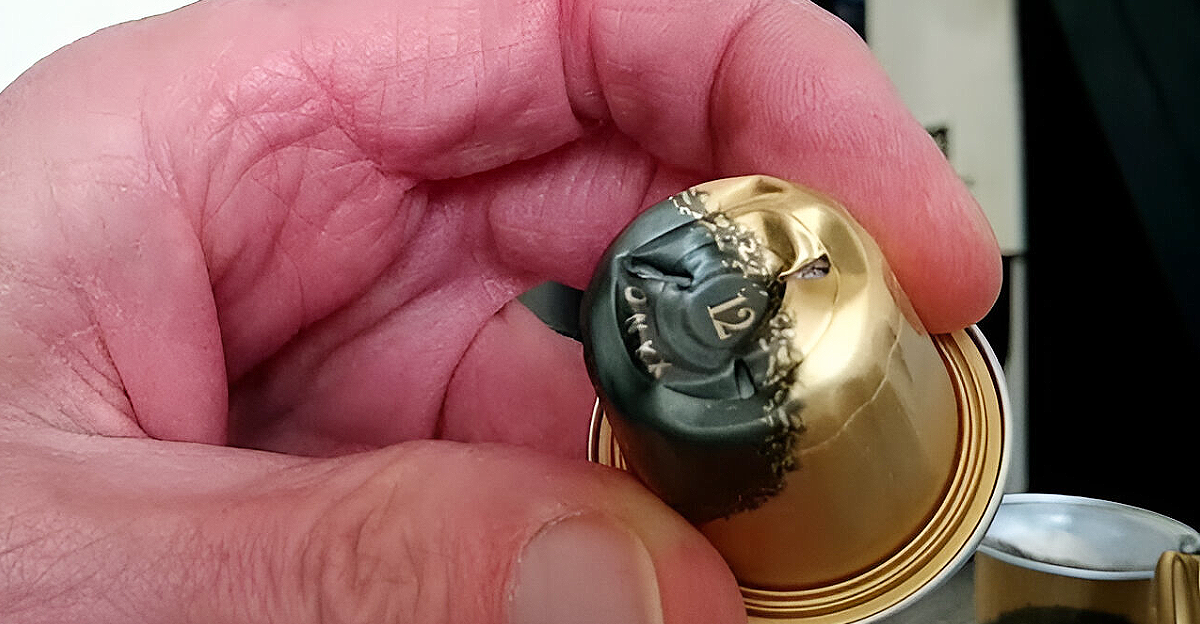
Late July 2025, New Mexico Piñon Coffee’s Dark Pinon K-Cup pods were found leaking ink into brewed coffee – a discovery throwing morning routines into disarray. The FDA on June 20 classified the voluntary recall as Class III (low risk) after confirming that food-grade printing ink could migrate through flawed pod seals during typical Keurig brewing.
The incident underscores a rare but serious quality lapse at New Mexico’s largest roaster.
With the global coffee market around $269 billion and millions of Americans relying on single-serve machines daily, even a single faulty lot can send ripples through the industry.
Retail Reach

Meanwhile, it initially appeared the recall hit national retailers. Officially, NM Pinon says the affected Dark Pinon pods (lot 251749) were stocked only in select Albertsons (Smith’s) and Walmart stores in New Mexico and via its own online shop.
However, because the company’s website ships nationwide, pods from this one Albuquerque defect did reach consumers beyond state lines.
Industry observers note this incident highlights the interconnected nature of the $269 billion coffee distribution network: a single factory flaw in Albuquerque became a national talking point.
Even a limited recall of ~1,540 individual cups drew widespread attention, showing how modern supply chains magnify local problems.
Industry Context
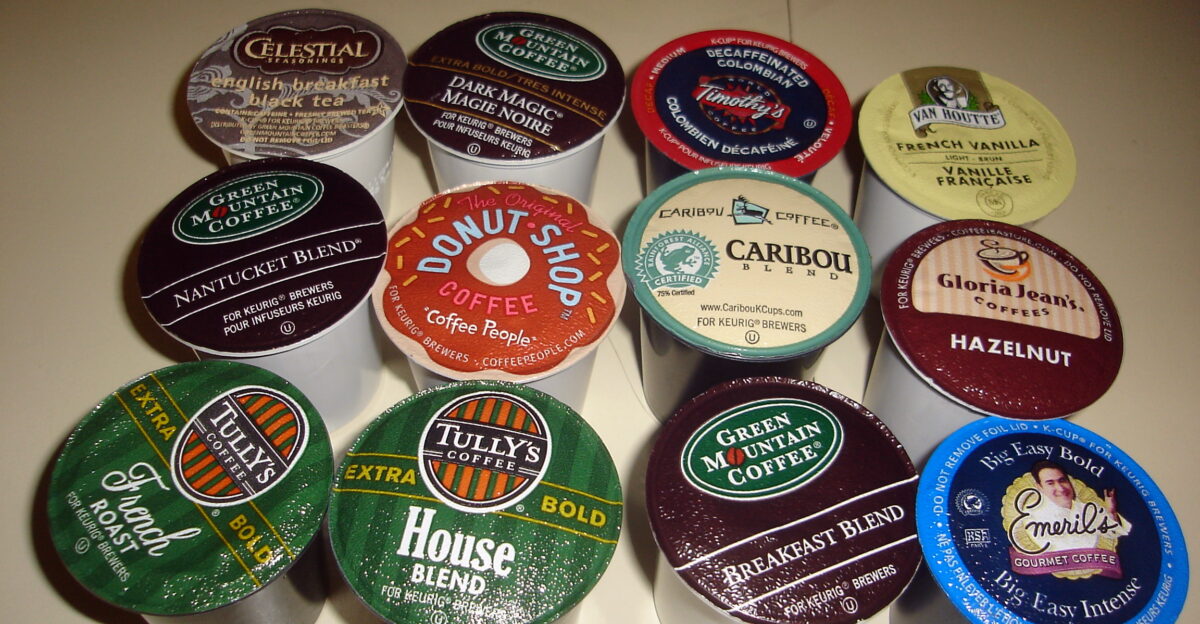
Single-serve coffee has exploded in popularity. Since Keurig introduced K-Cups in 1998, single-cup formats have become a multi-billion-dollar segment of the market. NM Pinon Coffee’s story exemplifies that growth: the company began in 1994 when brothers John and Steve Bregar sold coffee from the back of a pickup truck.
Today, it is New Mexico’s largest roaster, moving roughly one million pounds of beans per year.
Its signature Dark Pinon blend – ground coffee infused with local piñon nuts – has won regional fans.
But scaling up from a truck-stop roaster to a national supplier strains production lines. As NM Pinon found, expanding distribution can turn small manufacturing mistakes into major recalls.
Manufacturing Pressure

As coffee makers scale up, quality pressures mount. Recall statistics show the trend: since 2018, U.S. product recalls have surged about 115%, and consumer food recalls spiked by 33% in 2022.
Single-serve pods are particularly exacting to produce: each foil lid requires a flawless, clear-coat seal to keep grounds safely contained during a ~192°F brew.
In this case, the pods’ clear seal was misapplied, allowing the food-safe ink to run into the cup under brewing heat and pressure.
High-speed packaging lines leave little margin for error, so most beverage manufacturers now use automated vision systems and continuous monitoring to catch the tiny sealing defects that triggered NM Pinon’s recall.
The Recall Event
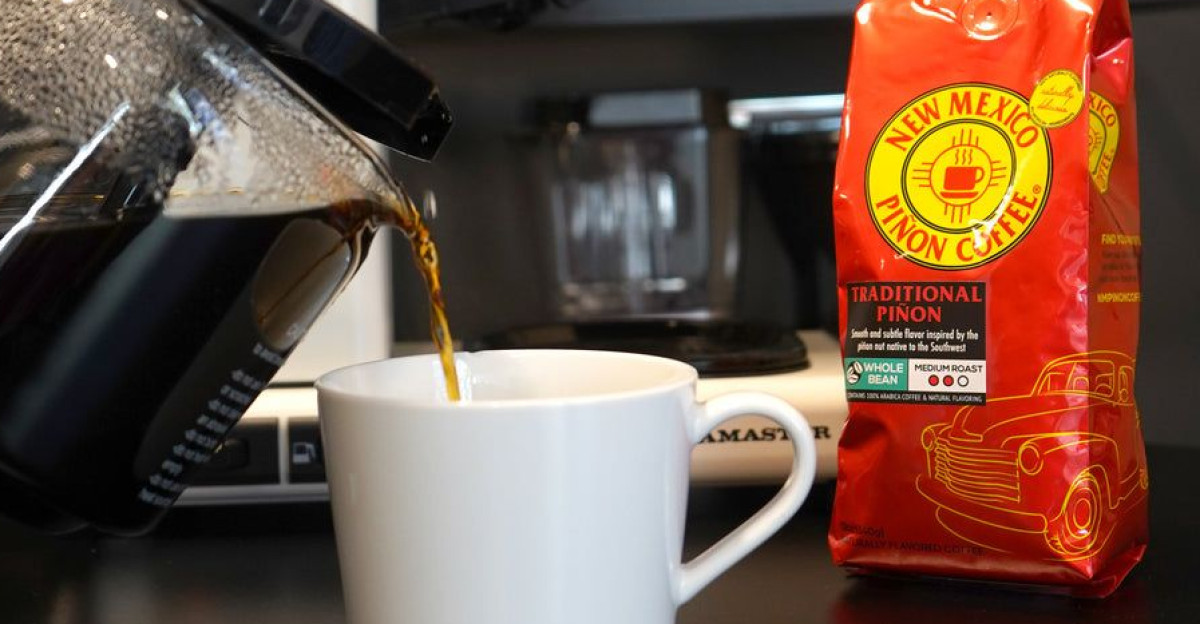
On June 20, 2025, New Mexico Pinon Coffee issued a voluntary recall of its Dark Pinon Single-Serve 10-count pods (lot 251749, UPC 812361033081) after FDA testing confirmed ink could leach into brewed coffee from the defective pods.
No illnesses were reported, but the company acted out of “an abundance of caution.” President Matthew Bregar emphasized the move was precautionary: “At New Mexico Piñon Coffee, quality means everything to us… it didn’t meet the standard of excellence you’ve come to expect,” he said.
Affected consumers were told to discard or return any boxes bearing that lot code and best-by date.
The FDA designated the recall Class III (the lowest-risk classification), underscoring that exposure is “not likely to cause adverse health consequences.”
Regional Impact
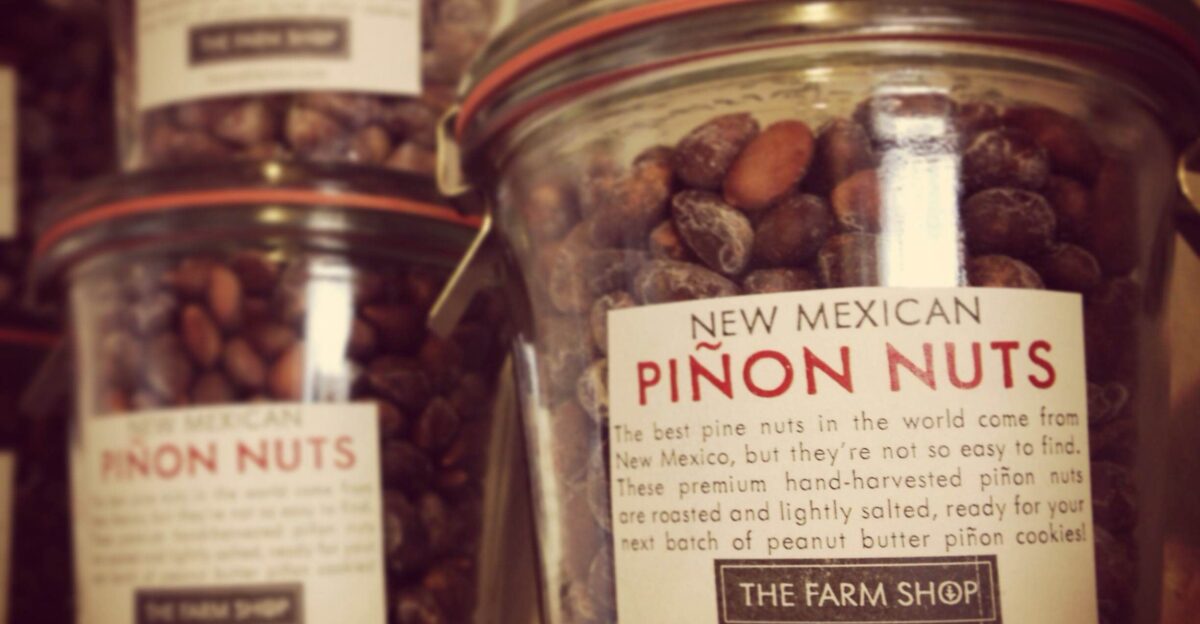
In New Mexico, the recall hit closest to home. NM Pinon confirms the Dark Pinon pods were on shelves “in almost every grocery store” across the state. Albuquerque-area consumers – near the CinFranky LLC roasting plant – are most likely to have bought them.
Grocery chains like Smith’s/Albertsons and other regional markets carried the product.
Locals who purchased Dark Pinon boxes should check for lot 251749 (best-by May 8, 2026) and dispose of or return any matching pods.
Notably, CinFranky (NM Pinon’s parent) roasts over one million pounds annually and even sponsors the Albuquerque International Balloon Fiesta, underlining its local prominence. Residents with questions can call the company hotline at (505) 298‑1964 for information or refunds.
Consumer Response

Consumers across the country began checking their cupboards after media reports. Many voiced relief that the ink was non-toxic, but also frustration at the contaminated batch. Consumer groups emphasized there’s no need to toss all NM Pinon coffee – only the specific lot 251749 is affected.
So far, no one has been sickened by the faulty pods.
Both the FDA and NM Pinon advise customers to throw out or return only the matching pods for a refund.
By focusing on the one lot and offering full refunds, NM Pinon aims to maintain customer goodwill during this precautionary recall.
Industry Implications

Packaging manufacturers are taking note. Even “food-safe” inks are useless if the seal fails, so firms that make K-Cups and similar capsules are reviewing their processes.
Though Class III recalls pose low health risk, they can still hurt brand trust: one analysis found nearly 70% of consumers would hesitate to buy again from a brand after a safety scare.
As a result, many beverage companies are beefing up quality controls: adding computer-vision seal inspections, tightening ink migration tests, and raising production tolerances.
This incident is already spurring tighter standards for coffee pod manufacturing, as industry players work to prevent any repeat of NM Pinon’s sealing defect.
Broader Trends

The NM Pinon recall fits into larger consumer safety trends. In Q1 2025, U.S. recalls surged to 775 incidents (a 25% increase over the prior year), with food & beverage up sharply.
Coffee remains a booming market: global demand is forecast to grow about 4.5% per year through 2034, driven by rising consumption worldwide.
High-profile ink scares like Nestlé’s 2005 baby-formula recall have led regulators to tighten rules – modern food-contact packaging must not allow any ink migration. Today, companies invest heavily in low-migration inks and automated seal-verification (such as AI-driven cameras) to catch even microscopic defects before products ship.
Looking Forward
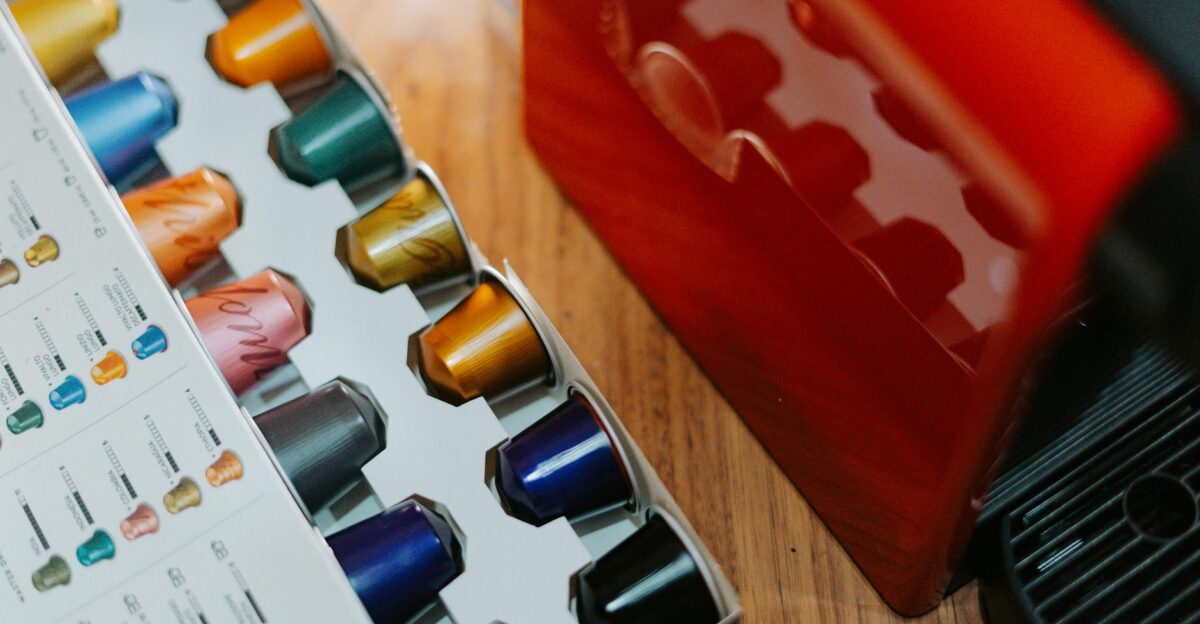
As NM Pinon and its peers learn from this event, the industry’s quality bar will only rise. Brewers may install advanced X-ray or vision systems to inspect every pod seal, and ink suppliers will face stricter audits.
NM Pinon’s proactive recall approach itself may become a model for transparency. Americans already drink an average of about 417 mL of coffee each day (roughly two cups), and two-thirds of adults have coffee daily.
With K-Cup and pod usage still climbing, producers will feel even more pressure to ensure each capsule’s integrity.
As NCA CEO Bill Murray notes, “Coffee holds a unique place in Americans’ daily lives… we expect America’s love affair with coffee to continue for many decades to come”.
Historical Recalls
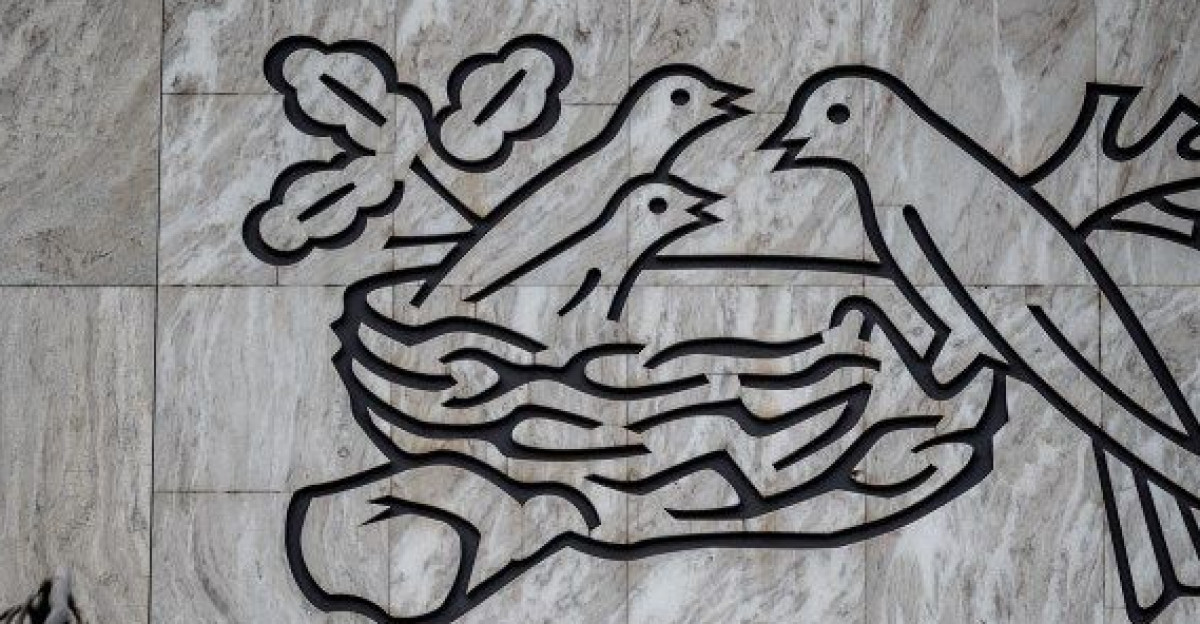
Ink migration scandals are rare but influential. A notable example occurred in 2005 when Nestlé recalled millions of liters of baby formula after regulators found printing ink leaching into the milk.
That crisis prompted the EU (and others) to tighten food-contact rules – today, any migration from packaging into food is strictly forbidden.
These precedents explain the zero-tolerance mindset: even food-grade printing must never touch the product.
Coffee pod makers already use specially formulated low-migration inks, and this incident reinforces why they rigorously test every component.
Regulatory & Tech Response

Food safety agencies are emphasizing prevention. Regulators advise companies to validate sealing processes and maintain strict traceability.
In practice, many roasters are adopting new technologies: for example, computer-vision cameras can inspect each capsule lid for seal integrity in real time, and digital records are kept for every production run.
While specific industry guidelines after the NM Pinon recall are still emerging, experts predict that this kind of event will accelerate automation on packaging lines.
The goal is to catch any defect immediately, reducing reliance on post-production sampling.
Company and Industry Actions
NM Pinon reports it has already addressed the manufacturing issue and refined its process controls. The company also acted quickly to recall the pods and offer refunds, steps that are seen as best practices for maintaining trust.
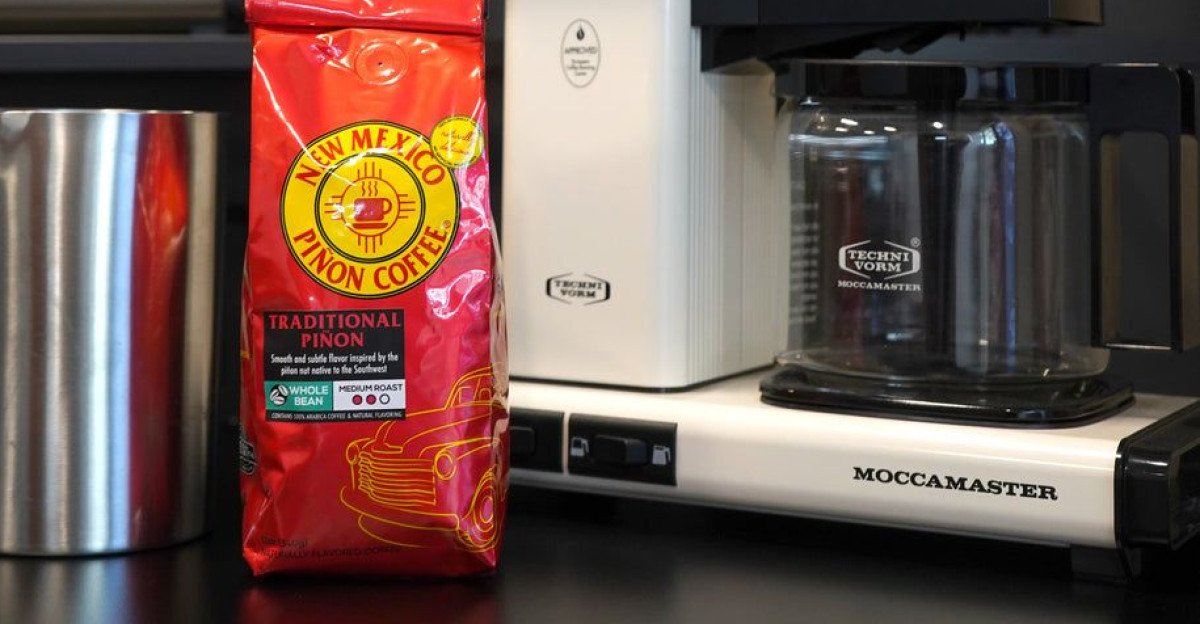
Other single-serve suppliers have reportedly begun re-examining their lines as well.
Insurers note that a voluntary recall and clear communication can limit brand damage after a safety scare.
Across the industry, the response has been clear: tighter supplier audits, more vigilant packaging inspections, and a renewed focus on training workers to spot even subtle anomalies.
Advice to Consumers
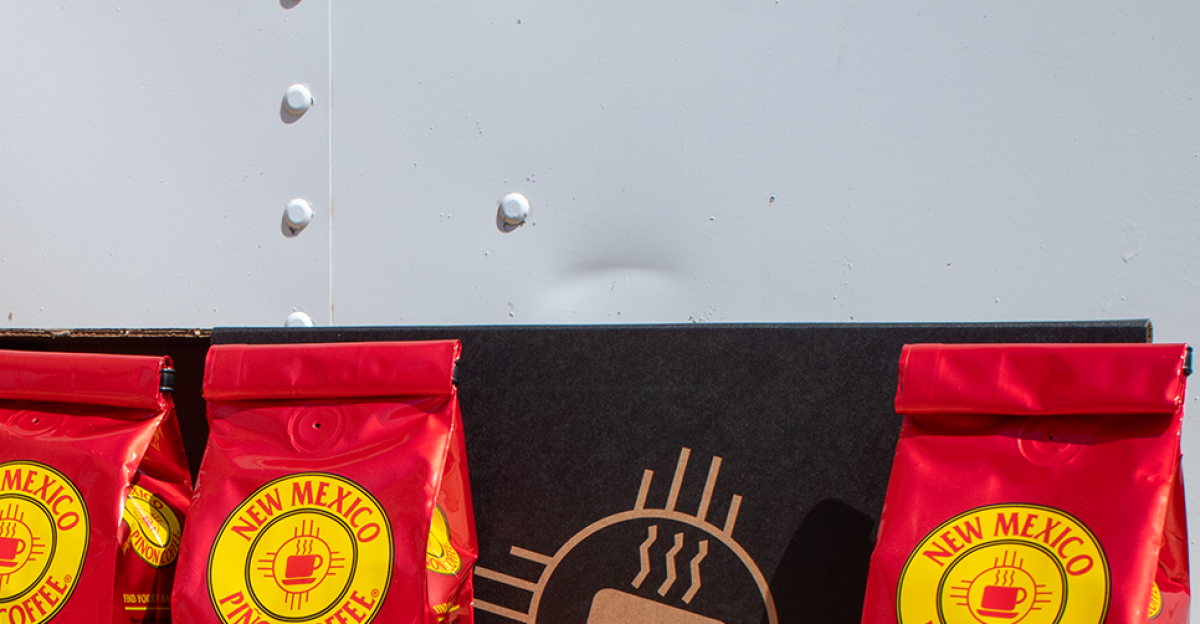
For consumers, this episode is a reminder to stay vigilant. Sign up for retailer or FDA recall alerts when possible.
Always note lot codes and best-by dates on products – they are how recalls are targeted. If you own any of the recalled Dark Pinon pods (lot 251749, best-by 05/08/2026), follow official advice: throw them away or return them to the place of purchase for a full refund.
It’s important to remember that only this one lot is affected, so other NM Pinon coffees remain safe.
Finally, keep perspective: recalls like this are precautionary. The company prefers to act quickly on potential issues rather than risk customer safety.
Conclusion
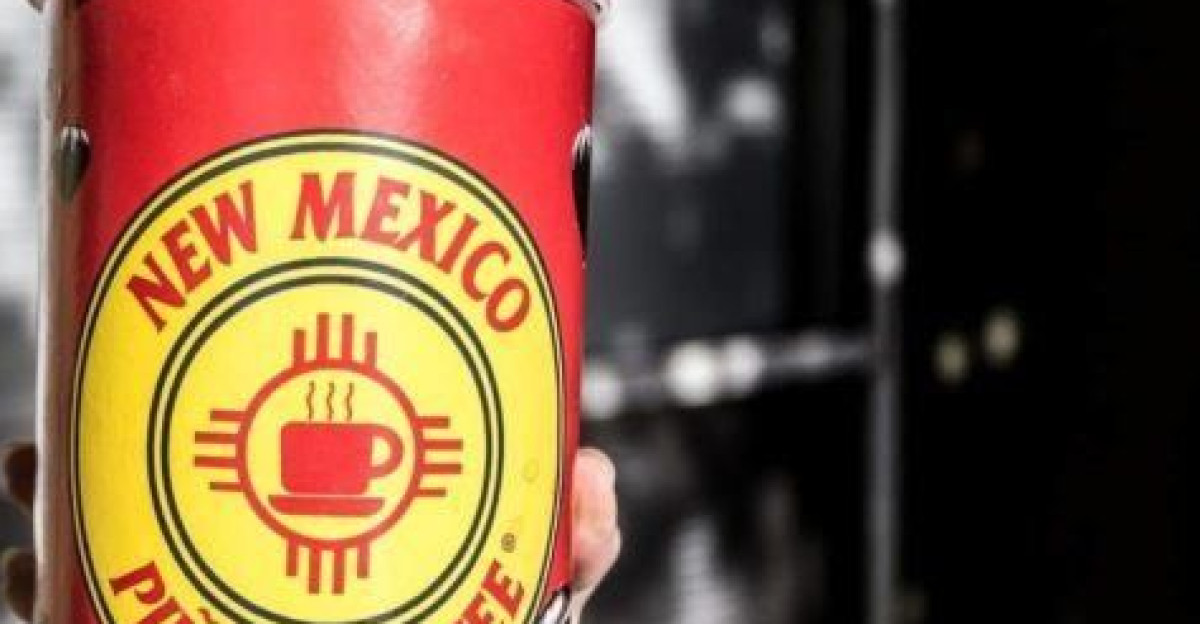
This incident has served as a wake-up call across the coffee world. Even long-established roasters learn that as production ramps up, quality control must keep pace.
A small sealing oversight at one plant triggered a major recall alert, showing how responsive the system can be. In brewing terms, the main outcome is positive: manufacturers are reminded to double down on safeguards, and customers see that safety comes first.
In the end, coffee drinkers can enjoy their brew with a little extra peace of mind, knowing that even minor risks are being caught and corrected before anyone gets hurt.
